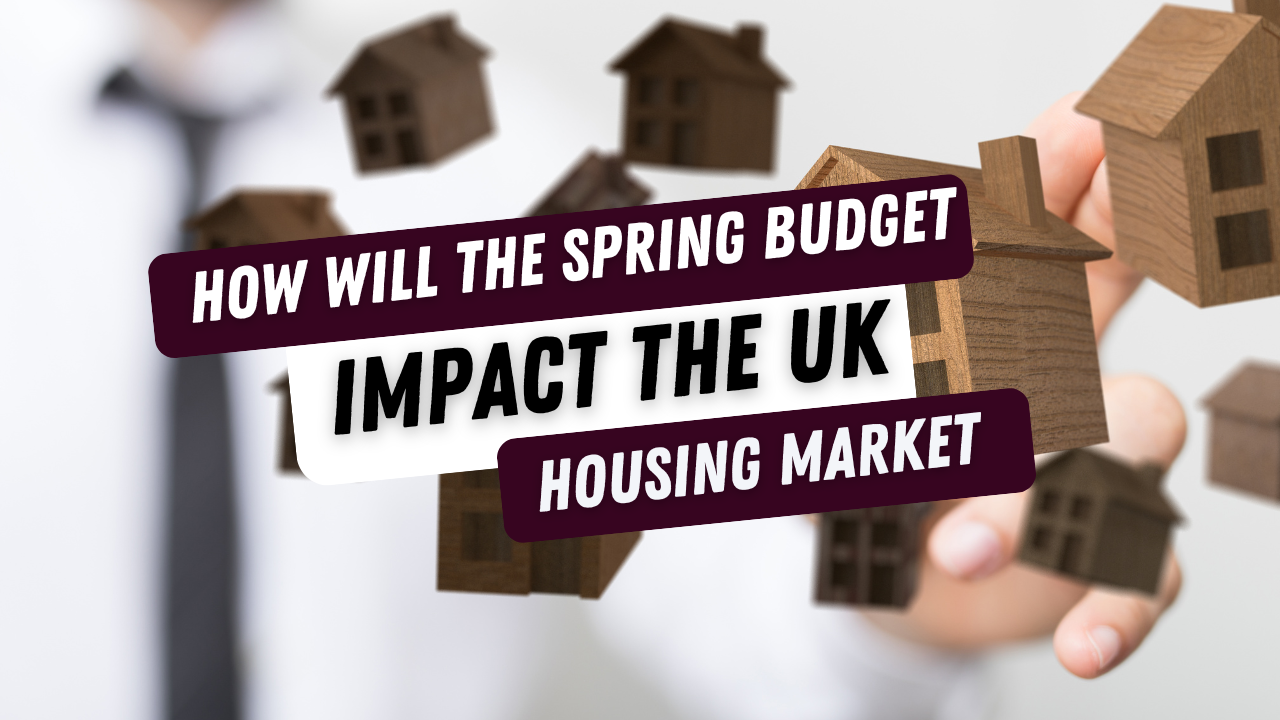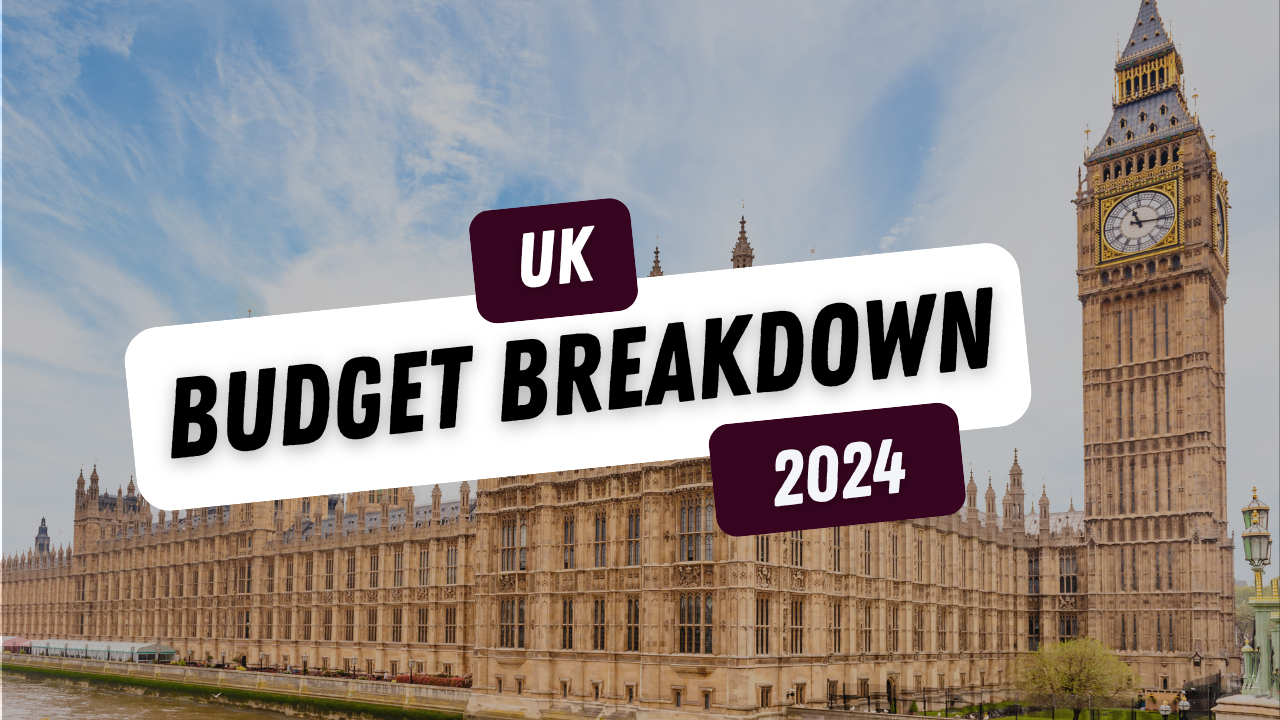
Last week the 2023 Spring budget was announced and was expected to address the UKs cost of living crisis.
In his budget speech, Chancellor Jeremy Hunt focused on the key areas of enterprise, education, and employment. He also announced that the government's long-term goal is for the UK to have the most competitive tax regime of any major country.
However, while issues surrounding taxation, innovation, and boosting economic growth were covered, the housing market was barely mentioned.
In recent years, there has been a particular interest in how the UK Budget will address the housing market. The Autumn Budget aimed to stabilize the UK's economy following the Liz Truss Government and avoid an economic depression. The Autumn Budget set out to help stabilize the economy through tax rises, spending cuts, and an increased drive for renewable energy.
Since the Autumn Budget, we have seen a mixed reception to the announcements made. House prices have continued to slow, but mortgage rates have begun to sink back to the expected levels.
According to the Land Registry, as of December 2022, the average house price in the UK is £294,329. Property prices have fallen by 0.4% since the previous month but risen by 9.8% compared to the previous year.
According to Uswitch.com, during March 2023, the average two-year fixed-rate mortgage rate in the UK was 5.09%, whereas the average five-year fixed-rate mortgage rate in the UK was 4.71%, slightly higher than the preferred rate.
According to Uswitch.com, during March 2023, the average two-year fixed-rate mortgage rate in the UK was 5.09%, whereas the average five-year fixed-rate mortgage rate in the UK was 4.71%, slightly higher than the preferred rate.
Many would-be house buyers remain spooked by mortgage rates running significantly higher than the lows recorded previously, with confidence further shaken by double-digit inflation and relatively low wage growth. Experts predicted that house prices would fall by 5-10% in 2023 due to the recession and higher mortgage rates.
The Autumn Budget 2022 opened the door for property investment and the reversal of stamp duty cuts in 2025, which may stimulate the housing market. However, with the Spring Budget barely mentioning the housing market, it remains to be seen what the impact will be on the home-seller and broader housing markets.
Overall, while the Spring Budget focused on many areas of the economy but the lack of focus on the housing market is a concern for many people. The Chancellor missed a prime opportunity to address the supply crisis in the private rented sector, and with property prices continuing to slow and mortgage rates running significantly higher than levels UK homeowners have grown accustomed to, the government needs to take action to reduce the gulf between supply and demand from growing further, as well take more significant steps to help stimulate the housing market and ensure that people can afford to buy their own homes.
















